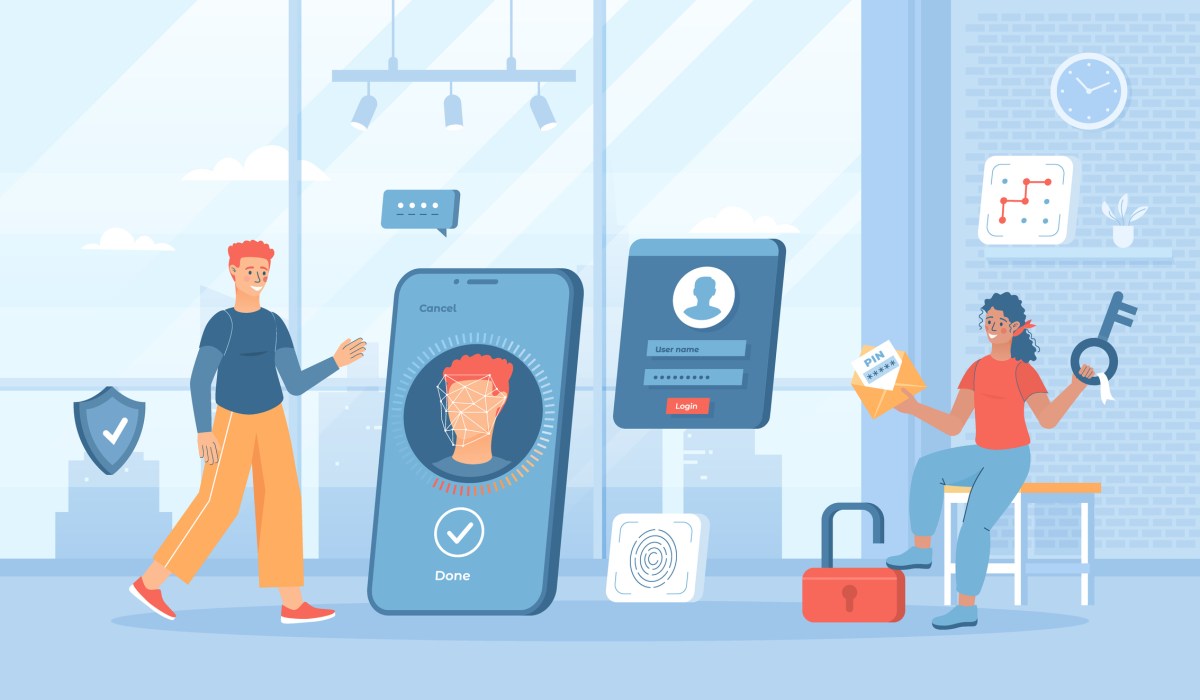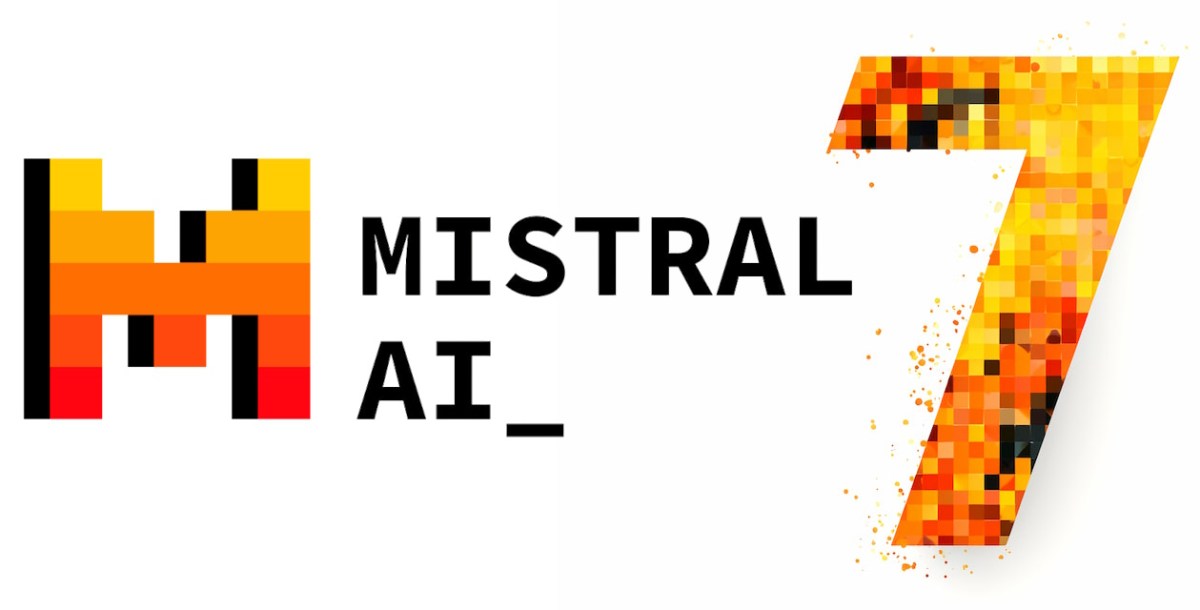As authorities as well as financial solutions relocate far from confirming identifications in the actual, approaching on the web i.d. confirmation, numerous firms have actually gotten in the marketplace to fix this concern. A brand new start-up coming from France is actually going into the marketplace along with an option that, theoretically, ought to secure individuals’s personal privacy.
ShareID representative Eliana Daboul defined the business in an e-mail as “an Authentication-as-a-Service answer connected to government-issued I.d.s.”
The spin is actually that, unlike various other comparable firms, ShareID states it doesn’t stash any kind of private information. Rather, depending on to ShareID’s chief executive officer Sara Sebti, the business inquires individuals to provide a video clip to show their “liveness” — a lavish term that indicates the customer needs to show they are actually a true individual facing their phone’s cam as well as it’s certainly not a pre-recorded video recording — as well as a photo of their authorities i.d.. However ShareID claims it doesn’t stash this information, it maintains it in mind on its own web servers as well as develops a hash — a unique i.d. — and afterwards rubs the information, which efficiently was actually never ever stashed on the web servers.
Other firms make use of a various method.
In the USA, the questionable ID.me states on its own formal web site that it “might keep your Biometric Details for around thirty-six months,” and also consists of “selfie photos as well as the affiliated Biometric Details.” ID.me acquired authorities agreements — like along with the internal revenue service — yet was actually scrutinized through participants of the U.S. Our lawmakers, that mentioned the business overstated exactly how its own technology operated as well as pumped up price quotes concerning fraudulence to improve need for its own solutions. (The business refuted these complaints.)
CLEAR, a biometric surveillance business that appears in airport terminals as well as arenas all over the USA, conditions in its own personal privacy plan that it secures details like “government-issued id details,” “electronic photos as well as video clips (like photos coming from your cell phone cam)” as well as “biometric information (like electronic photos of finger prints, eyes as well as image).
The business states that it keeps that sort of details, when it comes to individuals in The golden state, for the lifestyle of the CLEAR profile. When it comes to Canadian individuals, the business claims it “will definitely keep biometric information as well as various other private details merely till the situation of the very first of the following: (a) the preliminary objective for accumulating or even acquiring such information has actually been actually happy or even (b) 3 years observing your final communication along with CLEAR (unless you seek to finalize your profile previously).”
ShareID, however, intends to keep as little bit of details as achievable, as well as for as brief an opportunity as achievable.
“Our experts release recyclable identifications to our individuals, our company do away with all the private information that our company caught. Our experts merely create this homomorphic hash as well as our company utilize it to re-authenticate the individual when they go back,” Sebti informed TechCrunch, describing a shield of encryption approach that permits the development of a unique worth coming from a collection of information, as well as creates it inconceivable to switch it to obtain the initial information.
In practice, Sebti clarified, ShareID consumers possess accessibility to an SDK as well as an API that permits all of them to install the business’s innovation on their web site, and also their Android or even iphone application. Sebti mentioned that the individual that is actually making an effort to certify will definitely must provide a video clip revealing the face of the paper for 3 few seconds, as well as the rear of the paper for yet another 3 few seconds. At that point, the web site or even application will definitely record a video clip of the individual’s skin, inquiring it to meet difficulties to show they are actually truly tape-recording it reside, like grinning, turning their skin to the left or even right, as well as adhering to a factor on the display screen, whose placement is actually arbitrarily produced.
“You possess an arbitrary factor that is actually operated on your display screen as well as you must observe it along with your eyes, as well as you possess no hint where it will definitely be actually. So you cannot prepare the video to get into it,” Sebti said.
At that point the service processes this data and creates a homomorphic hash that may be used to re-authenticate the user when they come back.
At least, that’s what ShareID claims. Sebti mentioned France’s military police audited the company’s security, as well as that they monitor their own surveillance by running penetration tests, or pentests, and “other live surveillance surveillances.”




